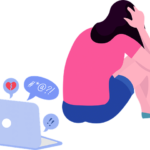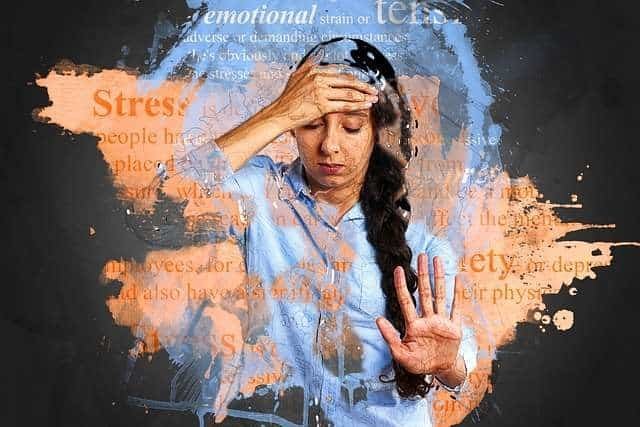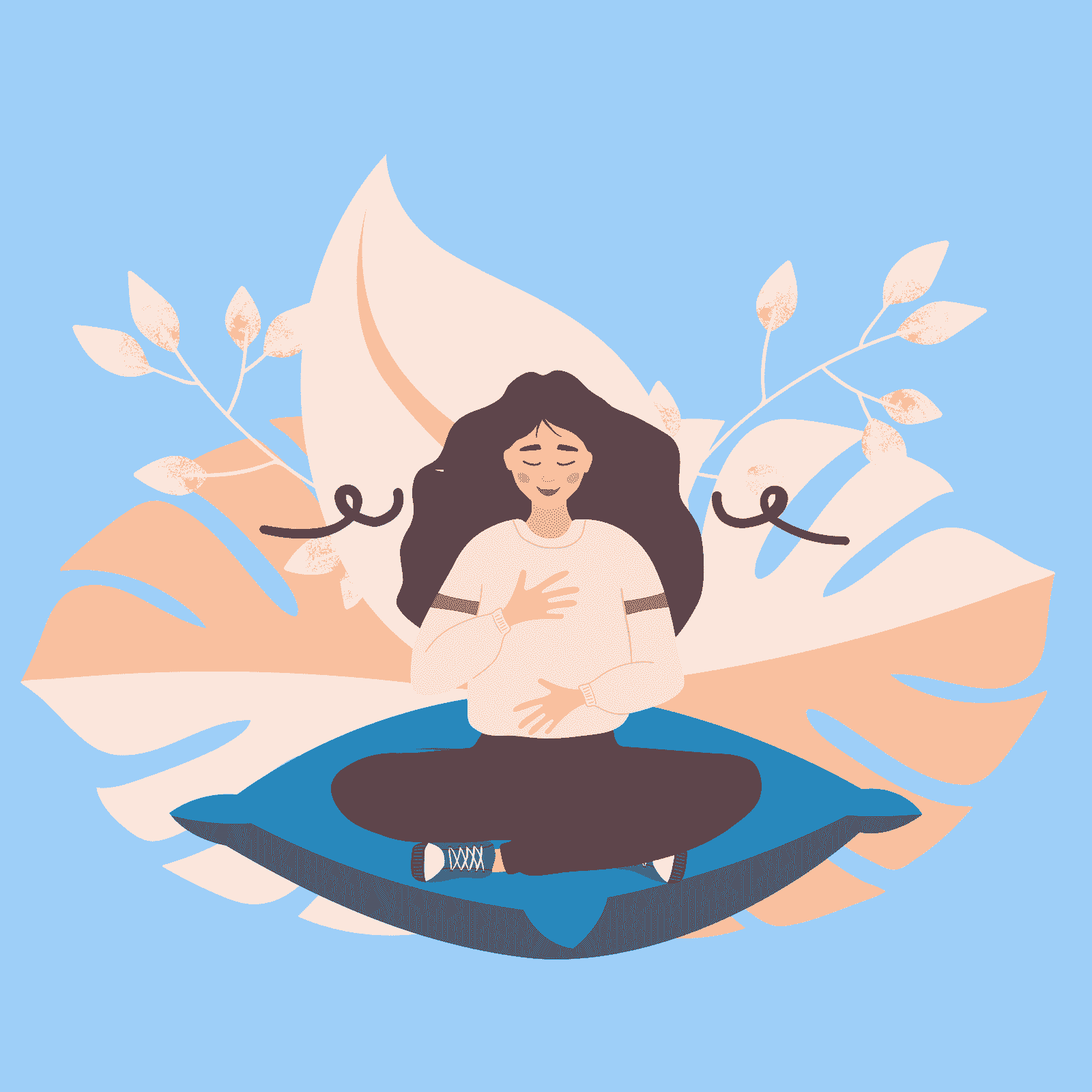Introduction
Are you an espresso addict who cannot start day without a cup of joe? Or do you favor getting your caffeine fixed from tea, electricity beverages, or chocolate? Whatever your source of caffeine may be, you are not alone.
Caffeine is a psychoactive drug that has won a variety of popularity through the years due to its stimulating results. From a morning cup of espresso to strength drink, sodas, and tea, caffeine is found in kind of dinks ,foods and it has become a critical a part of modern-day existence. While caffeine consumption has been associated with many blessings, which include alertness and attention, it additionally has its drawbacks, collectively with addiction, anxiety, and insomnia.
In this article, we can discover caffeine in depth and talk about its outcomes on the human body, the professionals and cons of its consumption, and its impact on health.
What is Caffeine?
Caffeine is a stimulant found in various flowers, inclusive of espresso beans, tea leaves, cacao beans, and cola nuts. It is likewise an artificial substance that is introduced to many foods and drinks, inclusive of energy liquids, sodas, and a few medicines. Caffeine belongs to a class of compounds called xanthines and is chemically categorized as methylxanthine.
How Caffeine Works
When ate up, caffeine fast enters the bloodstream and crosses the blood-brain barrier, in which it binds to adenosine receptors. Adenosine is a neurotransmitter that promotes sleep and suppresses arousal. By blocking off adenosine, caffeine increases neural activity and the discharge of different neurotransmitters such as dopamine and norepinephrine. This ends in elevated alertness, focus, and strength tires.
Sources of Caffeine
Caffeine is found in diverse foods and beverages, with espresso and tea being the most famous resources. A traditional 8-ounce cup of coffee incorporates around 80-100 milligrams of caffeine, whilst black tea carries around 50 mg consistent with cup. Energy drinks can include a whole lot better amounts of caffeine, with some having as much as 500 mg consistent with serving.
The Benefits of Caffeine Consumption
Caffeine has been associated with many benefits, which includes accelerated alertness, recognition, and power. It can also improve athletic performance by decreasing fatigue and growing persistence. Additionally, caffeine has been shown to have a protective impact in opposition to some diseases, such as Parkinson’s, Alzheimer’s, and liver ailment.
Physical Benefits of Caffeine
- Reduced risk of Type-2 diabetes
- Reduced threat of Parkinson’s
- Reduced risk of liver disease
- Decrease the risk of colorectal cancers
- Reduced danger of coronary heart disease
- Decrease chance of stroke
- Reduced risk of death from all causes
The Negative Effects of Caffeine Consumption
While caffeine intake may have superb results, it additionally has its drawbacks. Too a whole lot of caffeine can result in tension, anxiety, and jitteriness. It also can disrupt sleep and cause insomnia. Additionally, caffeine can cause gastrointestinal distress, inclusive of belly disappointment and diarrhea.
Physical Risks of Caffeine
- Insomnia and sleep disturbances
- Anxiety and restlessness
- Jitters and tremors
- Dehydration and electrolyte imbalances
- Gastrointestinal distress and heartburn
- Headaches and migraines
- High BP and palpitations
- Increased chance of miscarriage and low birth weight in pregnant ladies
Cognitive Risks of Caffeine
- Impaired sleep quantity
- Decreased response time and coordination.
- Impaired selection-making and judgment
- Reduced creativity and divergent wondering
- Increased risk of dependency and dependence
Caffeine Addiction and Withdrawal Symptoms
Caffeine is addictive, and regular consumption can lead to dependence. Withdrawal signs and symptoms, including headaches, fatigue, irritability, and depression, can occur while caffeine consumption is decreased or stopped.
Caffeine and Anxiety
Caffeine intake can cause anxiety in a few humans. This is because caffeine will increase the discharge of cortisol, a stress hormone. Individuals who are at risk of anxiety can be extra liable to the poor results of caffeine.
Caffeine and Insomnia
Caffeine can disrupt sleep styles, specifically if taken in the late afternoon or nighttime. It could make it difficult to go to sleep and cause fragmented sleep, resulting in daylight fatigue and sleepiness. Individuals who have difficulty dozing or are afflicted by insomnia ought to restriction their caffeine consumption, especially within the afternoon and evening.
Caffeine and Its Impact on Health
While slight caffeine intake is beneficial for healthful adults, excessive consumption can have terrible health results. High caffeine consumption has been associated with improved coronary heart charge, blood pressure, and threat of cardiovascular ailment. It also can boost the threat of osteoporosis by decreasing calcium absorption and increasing calcium excretion.
The Effects of Caffeine at the Body and Mind
Caffeine can affect exclusive humans in diverse ways relying on their genetics, age, weight, fitness repute, and tolerance to caffeine. Caffeine is thought to supply the following consequences:
Physical Effects of Caffeine
- Increased alertness and wakefulness
- Reduced fatigue and drowsiness
- Increased heart fee and blood pressure
- Increased respiratory rate.
- Increased urine formation
- Increased metabolism and energy expenditure
- Reduced appetite and food intake
- Muscle twitching and tremors
- Headache and nausea (at excessive doses)
Cognitive Effects of Caffeine
- Improved intellectual alertness and attention.
- Enhanced memory and getting to know
- Improved response time and motor coordination
- Elevated mood and properly-being
- Reduced intellectual fatigue and tedium.
- Increased creativity and productivity (in some cases)
Caffeine Consumption During Pregnancy
Pregnant ladies are recommended to limit their caffeine intake to 200 milligrams in line with day or less. High caffeine consumption throughout being pregnant has been related to an expanded chance of miscarriage, low birth weight, and preterm birth.
Caffeine Alternatives
For people who want to reduce their caffeine consumption, there are many options available, which includes decaffeinated espresso and tea, natural tea, and fruit juice. Additionally, physical activity and getting enough restful sleep can help to improve energy level.
How to Reduce Your Caffeine Intake
Reducing caffeine consumption can be hard, especially for people who are used to ingesting copious amounts. Gradually decreasing caffeine consumption over many days or even weeks can help decrease withdrawal signs and symptoms. Switching to caffeine-unfastened alternatives and warding off caffeinated foods and drinks inside the late afternoon and night can also aid.
Conclusion
Caffeine is an extensively consumed psychoactive drug that has both fine and poor consequences on the human body. While mild intake is considered secure, excessive intake can cause dependency, tension, and sleep disturbances. Pregnant ladies, people with anxiety or sleep issues, and people with heart conditions must restriction their caffeine intake. Alternatives, which include decaffeinated espresso and natural tea, are available for folks who need to lessen their caffeine intake.
FAQs
Is Caffeine Addictive?
Caffeine is a mildly addictive substance. Regular caffeine consumption can lead to bodily dependence, this means that that the body will become familiar with the presence of caffeine and develop withdrawal signs when caffeine consumption is decreased or dropped. Withdrawal symptoms can include headaches, fatigue, irritability, and trouble concentrating.
How Much Caffeine Is Too Much?
The amount of caffeine that may be thoroughly consumed varies from person to person, depending on their character elements and sensitivity to caffeine. However, maximum fitness authorities suggest that adults restrict their day-by-day caffeine consumption to no greater than 400 milligrams, which is equal to four cups of brewed espresso or 10 cans of soda. Pregnant girls, kids, and people with positive clinical situations which includes anxiety, high blood pressure, or GERD may also want to consume even less or avoid caffeine altogether.
Can Caffeine Cause Anxiety?
Caffeine can cause or worsen tension in some people. High doses of caffeine can cause anxiety, and agitation. Individuals with tension problems or sensitivity to caffeine must limit their caffeine intake or keep away from it altogether.
Does Caffeine Affect Sleep?
Caffeine can disrupt sleep patterns, especially if consumed in afternoon or evening. It could make it tough to nod off and result in fragmented sleep, resulting in daylight hours fatigue and sleepiness. Individuals who have issues with drowsing or suffer from insomnia should restriction their caffeine intake, especially within the afternoon and nighttime.
Are There Caffeine-Free Alternatives?
For those who want to reduce their caffeine consumption, there are many caffeine-free alternatives available, consisting of decaffeinated coffee and tea, herbal tea, and fruit juice. Additionally, increasing bodily hobby and getting sufficient restful sleep can aid raise strength degrees certainly.
How long does caffeine stay in body?
Caffeine has a t-1/2 of about five hours, which means that it takes about five hours for half of the caffeine you consume to be removed out of your body. However, the results of caffeine can last as long as 6-8 hours, relying on the person and the dose.
Can caffeine motive tension or panic assaults?
In some instances, excessive doses of caffeine or caffeine sensitivity can trigger anxiety or panic assaults in inclined people. However, slight caffeine consumption is not always usually related to these outcomes.
Does caffeine influence athletic performance?
Caffeine has been shown to improve stamina during exercise, as it may enhance strength metabolism, lessen perceived exertion, and put off fatigue. However, the consequences of caffeine on energy and power sports activities are less clear and may depend upon the man or woman.
Is decaf espresso completely caffeine-loose?
No, decaf espresso nonetheless consists of some caffeine, even though a great deal much less than everyday espresso. The actual quantity of caffeine in decaf espresso can vary broadly depending on the emblem and brewing approach.
Can caffeine help you shed pounds?
Caffeine has been shown to growth metabolism and electricity expenditure, in addition to reduce urge for food and food intake in some human beings. However, the consequences of caffeine on weight loss aren’t good sized sufficient to depend on caffeine alone as a weight loss strategy.













